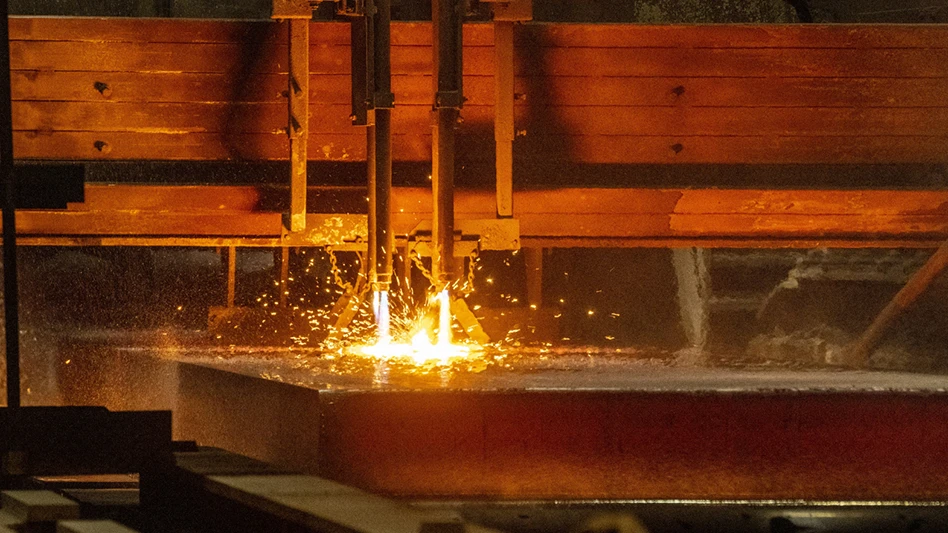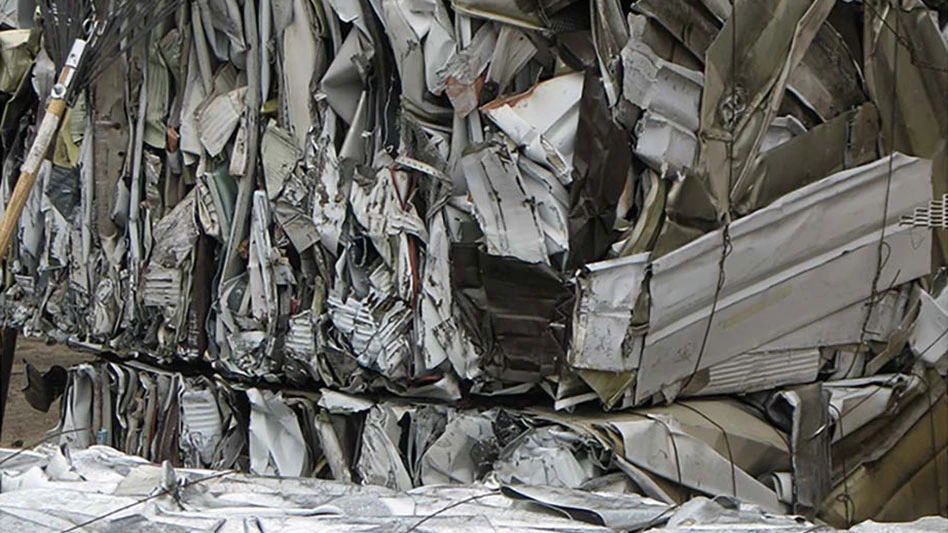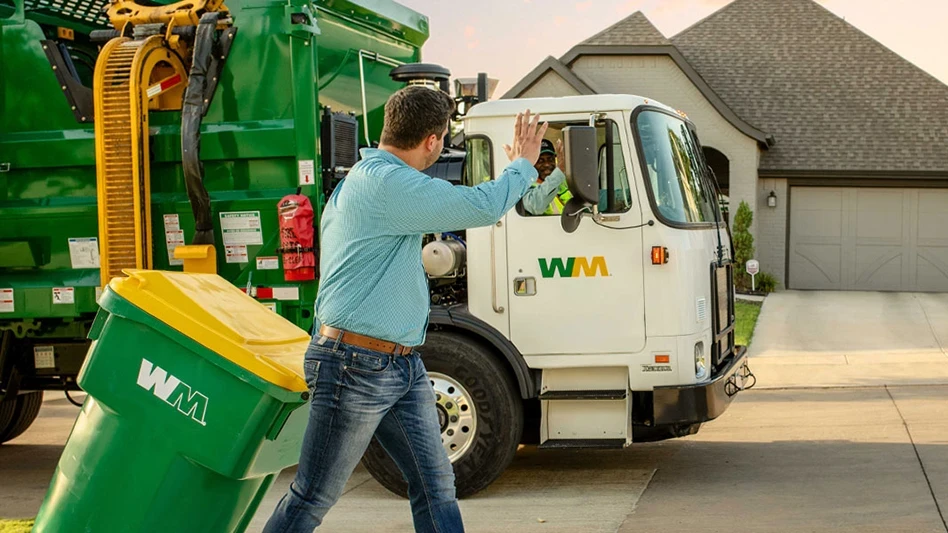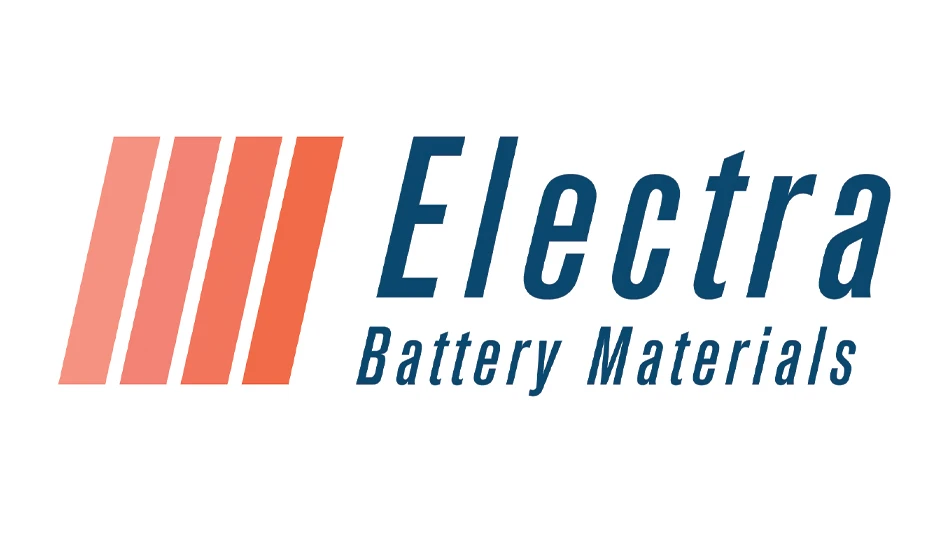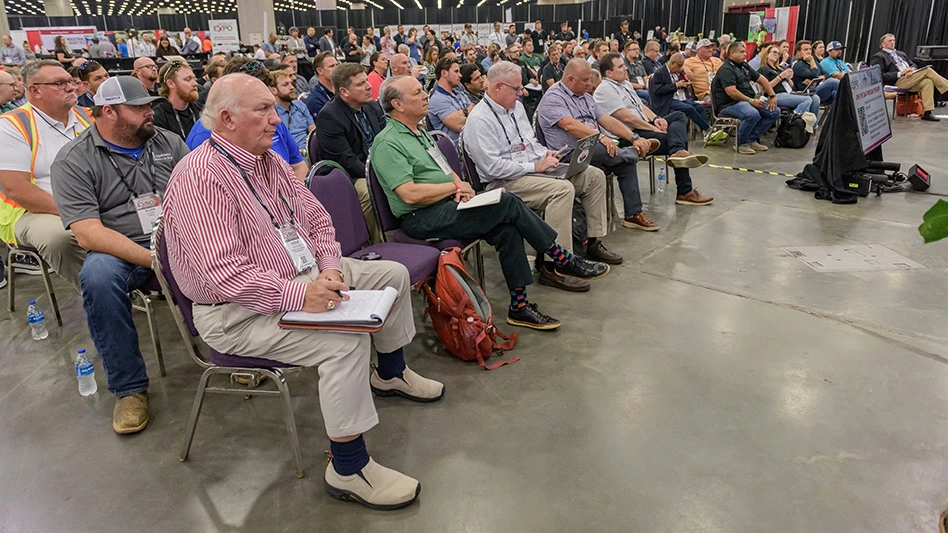
kyrychukvitaliy | stock.adobe.com
FEAD, the European Waste Management Association; EuRIC Textiles, a branch of the European Recycling Industries’ Confederation; and apparel producer Decathlon have published a joint position paper calling for effective extended producer responsibility (EPR) programs for textiles and a level playing field in the revised Waste Framework Directive (WFD).
While ongoing negotiations and progress on establishing EPR for end-of-life textiles are welcomed, the associations say consistency is needed to maximize effectiveness, as is participation from all relevant operators.
The Waste Framework Directive (WFD) establishes waste management concepts and definitions, including defining waste, recycling and recovery. The WFD also regulates when certain materials cease to be waste and become secondary raw materials. It mandates that EU member states separately collect textiles as of January 2025, encouraging the use of ERP as an economic tool to achieve the objectives presented in the WFD and providing basic guidance on EPRs.
The WFD revision offers a unique opportunity for greater harmonization across the EU and improved sector competitiveness, according to EuRIC and FEAD, as textile sorting and recycling face challenges like the war in Ukraine, logistical issues in Africa and the rise of ultra-fast fashion, leading to oversupply and financial pressure on waste management operations.
The Brussels-based associations’ requests include ensuring full accountability and a level playing field for all relevant actors involved in the EPR scheme; setting concrete targets for waste prevention, collection, reuse and recycling; defining clear end-of-waste criteria; and distinguishing between "used" and "waste" textiles. It is crucial to move quickly in the negotiations to manage this growing material stream before mandatory collection starts in January 2025 and to implement rigorous EPR program monitoring.
"Today, the priority is not just improving and scaling up textile sorting and recycling in Europe but also protecting and sustaining existing infrastructure," EuRIC Secretary General Julia Ettinger says. "European companies, vital to making circularity a reality, urgently need support, and efficient EPR schemes are critical to achieving this."
Decathlon an EU-based sports retailer with worldwide operations, urges negotiators to agree on the proposed targeted revision of the WFD, establishing well-functioning EPR schemes that incentivize investments in infrastructure and enhance traceability of discarded textiles.
FEAD President Claudia Mensi says only 1 percent of the 5 million metric tons of clothing that are discarded each year in the EU is recycled back into new clothing.
"This means that textile recycling is today an environmental imperative and an economic opportunity for which industry and policymakers must work together to improve the status quo," Mensi says.
Sponsored Content
Tackling the Extreme Grind
Built for the toughest applications, our Heavy Duty Granulators and Shredders deliver high-quality output, less waste, and efficient operations. With rugged designs and unmatched reliability, they’re ready for the extreme grind—keeping your production line moving and your recycling process profitable. Tackle more. Waste less. Perform at peak.
"With the Waste Framework Directive revision, European policymakers have a unique opportunity to boost the development of an innovative and efficient textile waste industry,” adds Emilie Mauffet, Decathlon sustainability director. “All actors in the textile ecosystem must work together to close the loop and go circular; smartly designed extended producer responsibility schemes can help us to achieve this goal."
Get curated news on YOUR industry.
Enter your email to receive our newsletters.
Latest from Recycling Today
- NDA unveils workforce toolbox
- Ineos Styrolution launches sour cream cups made with recycled PS
- Lacerta products receive PCR certification
- Trash Pandas Utah launches dumpster rental service
- Vesper added to ReMA’s ISRI Specifications
- Comstock purchases equipment for commercial-scale solar panel recycling site
- LKQ to sell its self-service segment
- BMRA: Potential recovered steel export restrictions risk collapsing UK metals recycling industry


